Even the smallest things can have biggest impacts on the outcome of various events, here and there we constantly witness things happening around us that would be very different if certain thing hasn’t happened. During an accident if the driver hits the break paddle first, we might not see an accident, or if the driver is delayed we might not see that accident as well.
There have been numerous Butterfly effects in real life over the years. Every action has a reaction, according to Newton’s third law, which states that “one thing leads to another.” What about the invention of the camera? Did you know how video films were made in the beginning? Take a look at the list below.
What is Butterfly effect?
The butterfly effect is a commonly misunderstood phenomenon in which a minor change in starting conditions can result in drastically different outcomes. Understanding the butterfly effect can provide us with a new perspective on business, markets, and other topics.
The butterfly effect is based on a chaos theory analogy that describes “the sensitive dependence on initial conditions, in which a small change in one state of a deterministic system can result in large differences in a later stage.”
It is an idea that small things can have non-linear impacts on a complex system. The concept is termed with a butterfly flapping its wings and causing a typhoon. Obviously it is absurd to even think of such a scenario, small changes, in other words, can lead to much larger, more complex changes. Similar to the movies where time travel appears dangerous because even minor changes in history can have a negative impact on the future.
You couldn’t move a single grain of sand without changing something in every part of the infinite whole.
Let’s look at some real-life Butterfly Effects examples.
The Bombing of Nagasaki
Everyone knows about the bombings of Hiroshima and Nagasaki at this point, but few people are aware that the US originally planned to bomb the Japanese city of Kuroko, with the munitions ‘ factory as a target. However, due to cloudy weather conditions, the military personnel were unable to see the site clearly as they flew overhead.
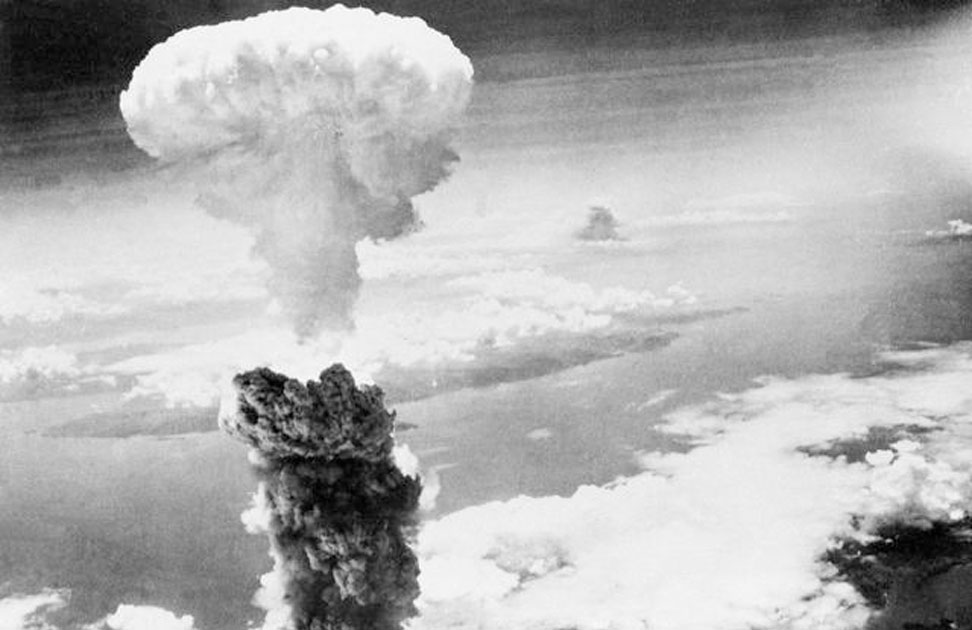
Not once, but the plane passed the town three times before the pilots finally gave up. The locals heard the sound of the airplanes and huddled in shelters to save them and prepare from the nuclear bombs the airplane was planning to drop.
As a result, Kuruko was never bombed; instead, army personnel chose Nagasaki as their target due to better visibility. If it hadn’t been for the cloudy weather, history would have been very different. Kuruko is known as Japan’s luckiest city, and those who lived there during the war are still shaken by the close call.
Elian Gonzalez – George Bush saga
A 7-year-old boy influenced the 2000 presidential election, giving George W Bush the presidency.
Elian Gonzalez, his mother, and her boyfriend fled to Cuba with 11 others, but their boat sank three days later, leaving only Elian and two others alive. On Thanksgiving Day 1999, two fishermen discovered Elian clinging to an inner tube off the coast of Fort Lauderdale.

ILS granted custody to Elian’s Miami relatives, and the Gonzalez family took him home. But days later his father, Juan Miguel Gonzalez, requested his son’s return. On January 5th, ILS demanded that the boy be reunited with his father as soon as possible, which enraged Cuban Americans, who began protesting in Miami, resulting in dozens of arrests.
On April 22, 2000, at 5:14 a.m., federal agents raid the Gonzalez family’s Little Havana home, and Elian is apprehended and reunited with his father after 5 months.
During this time, President Clinton faced numerous protests in response to the incident. Unfortunately, Florida had the largest Cuban community, and people did not support Bill Clinton in the upcoming election because of Gonzalez’s saga, and Clinton lost to Bush by a razor-thin margin.
If Gonzalez’s boat had not sunk, the election would have been different, and the Iraq war would not have occurred.
The Discovery of Penicillin
Sir Alexander Fleming, a professor of bacteriology, was working with the bacteria Staphylococcus before going on vacation with his family when penicillin was discovered. He had no idea that returning from his vacation would earn him a Noble Prize.

Fleming, who wasknown for being untidy, left the lab in a state of disarray and returned to find mold growing on his Petri dishes. It killed the bacteria growing in its vicinity while other colonies further away remained normal, and he had discovered penicillin, the first naturally occurring antibiotic drug. Fleming isolated it as a rare penicillin strain.
This discovery resulted in an annual consumption of 6.8 trillion units of penicillin and a Nobel Prize for Sir Alexander Fleming.
One word, a misunderstanding, and the bombing of Hiroshima and Nagasaki
In World War II, Mokusatsu was used in response to the Allies’ demand in the Potsdam Declaration that Japan surrender unconditionally. It was understood to mean that Japan had rejected those terms, a perceived outright rejection that contributed to President Harry S. Truman’s decision to carry out the Hiroshima and Nagasaki atomic bombings.

Mokusatsu is a Japanese word meaning ignore, or treat with silent contempt. Implying that by refusing to accept the terms, Japan had brought the destruction of those two cities upon itself.
When Japanese Prime Minister Kantaro Suzuki was asked by a reporter about his response, he said “Mokusatsu”, meaning to be “killed off by silent contempt”, but due to poor translation, US officials interpreted it a “not worthy of comment” and within ten days the decision was made to drop the atomic bomb by Harry S. Truman.
Invention of films
Did you know that films can be made because of a disagreement? Eadweard and Leland Standford, two friends, were arguing in 1878 about whether horses ever left the ground while running.

To settle the dispute Eadweard who was a photographer he set up cameras in rows to capture every movement of horses along the track, which is regarded as the first moving image, and no surprise, horses do leave the ground while running.
Cuban Missile crisis
Almost every one of us owes our life to a single Russian Navy officer named Vasili Arkhipov, who has been called “the man who saved the world.” During the Cuban Missile Crisis, Vasili was stationed on a nuclear armed submarine. Depth charges were used by American aircraft and ships to signal the submarine to surface, so it could be identified. The crew had no idea what was going on in the world above because the submarine was too deep to monitor radio signals. The captain, Savitsky, interpreted the signal as a declaration of war, and he prepared to fire a nuclear torpedo. Except for Arkhipov, and everyone agreed with him.
If the torpedo had launched, nuclear clouds would have hit Moscow, Londow, Germany and East Anglia, wiping out half of the British population. The results could have been a worldwide nuclear Holocaust. Despite this, Arkhipov used his veto power and stopped the launch in an overheated underwater room. Our world could be a completely different place if it weren’t for one man’s bravery.
These few examples demonstrate how fragile the world is, and how devastating the effects of minor events can be on initial conditions.
Read more:



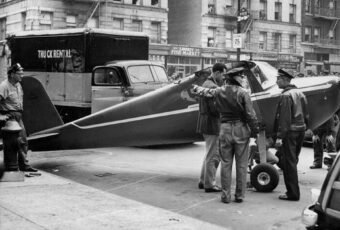
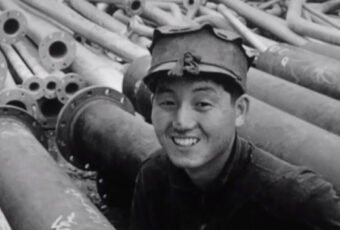
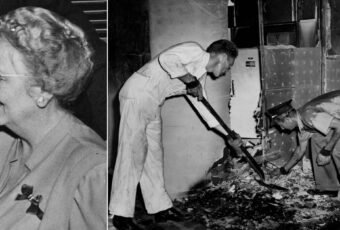

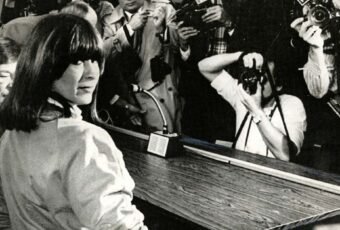

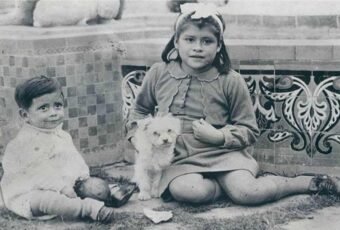

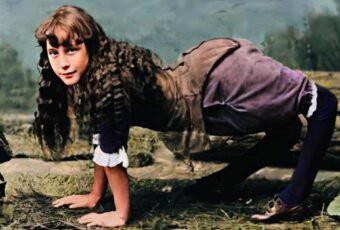
Follow Us